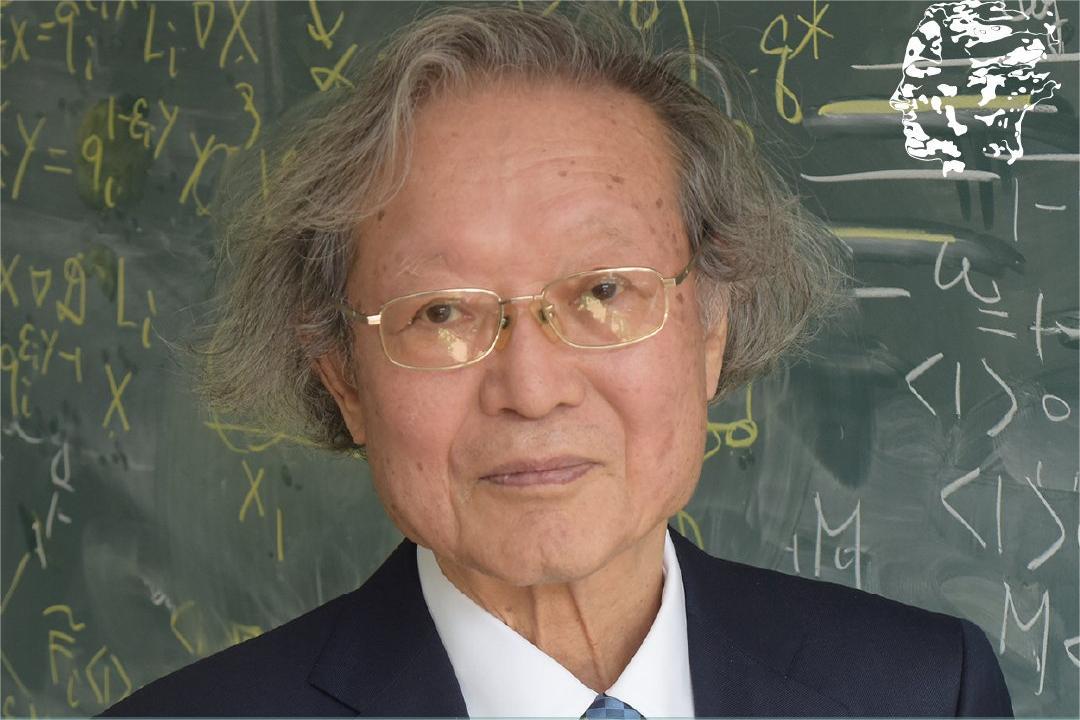Oslo, Norway — The prestigious Abel Prize for mathematics was on Wednesday awarded to Japanese mathematician Masaki Kashiwara a specialist in algebraic analysis, representation theory, and sheaf theory.
The 78-year-old mathematician was honored for “his fundamental contributions to algebraic analysis and representation theory, in particular the development of the theory of D-modules and the discovery of crystal bases,” the Norwegian Academy of Science and Letters said.
D-modules provided a “new basis for studying systems of linear differential equations”, according to the jury.
Named after the Norwegian mathematician Niels Henrik Abel (1802-1829), the Abel Prize was created by Norway’s government, partly in a bid to compensate for the lack of a Nobel prize in mathematics.
It comes with a 7.5-million-kroner ($714,000) cheque.
A professor at Kyoto University, Masaki Kashiwara has also collaborated with Frenchman Pierre Schapira in the field of so called microlocal analysis.
Together, they published “Sheaves on manifolds” in 1990, which the academy described as a “masterpiece” and which is generally regarded as a work of reference in sheaf theory.
He also worked closely with his compatriots Mikio Sato and Takahiro Kawai, with whom he achieved significant advances in algebraic analysis.
“For over fifty years he has reshaped and deeply enriched the fields of representation theory, in its numerous incarnations, and algebraic analysis,” the academy said, hailing Kashiwara as an “exceptionally prolific mathematician”.
“His work continues to be at the forefront of contemporary mathematics and to inspire generations of researchers,” it added.
Last year, the Abel Prize went to Frenchman Michel Talagrand, a specialist in probability and functional analysis.
Kashiwara will receive his prize in Oslo on May 20.








